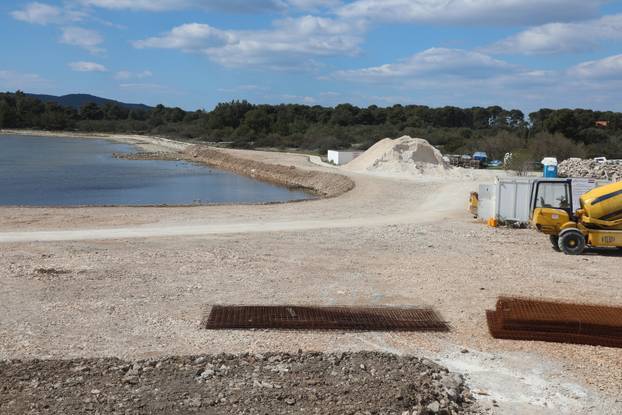Experts’ important advice: How to enjoy your dinner nap

It starts innocently. You yawn, stare blankly into the air and feel the weight behind the eyelids. The clock says 14:07 and the brain suggests a quick nap. 30 minutes later you wake up, ready as a lemon. But when the clock strikes bedtime, you lie and count ceiling panels.
The dinner nap has been touted as a mental spell, but it is also notoriously whimsical. For while a short « grandfather » can boost both energy and memory, you risk sending out the entire night’s sleep at the same time.
It writes sleep experts to The Conversation.
The brain’s built -in dive
It is not only lunch that draws the energy out of the body. The inner clock of the body – the circadian rhythm – controls a natural fatigue dip that usually hits between 13 and 16. This is where many want to take a nap. And it can be an excellent idea. Some studies show that a short nap – preferably combined with bright light afterwards – can give the brain new speed without disturbing the night’s sleep.
Take care of slow-motion sleep
But here comes the pitfall: The nap must be short. Preferably between 10 and 20 minutes. Otherwise, you hit the deep sleep stage, called « Slow-Wave » sleep. And then you wake up as a zombie with memory as a goldfish and reaction time as a letter pigeon.
The phenomenon is called Sleep Linship – and it can hang on for up to an hour. Not exactly ideal if you need to serve a grave cow or make important decisions in the office.
The nap as a tool – not rescue wreath
For some, a powernap is not just cozy but necessary. Night guards, toddler parents and people with unstable sleep patterns can benefit from a short, targeted nap as a kind of sleepy patch solution.
But it’s not a fix for everyone. If you suffer from chronic insomnia, the nap at the day can make matters worse. And for many, it only acts as a temporary patching – not a replacement for solid night’s sleep.
Nasa loves a nap
Even the room needs sleep breaks. NASA has shown that a 26-minute nap can increase performance by 34 percent and attention by a full 54. Therefore, both pilots, health professionals and elite sports people use strategic naps as part of performance optimization.
How to avoid sleeping you to insomnia
-
The time is everything: The nap should be before 7 p.m. 14 – otherwise you risk ruining the sleep pressure in the evening.
-
Keep it short: 10-20 minutes. More than that and you risk waking the groggy monstrals.
-
Remember the surroundings: Find a dark, cool and quiet place. Sleep masks and earplugs are your friends.
So a good nap requires more finesse than one would think. For some, it is worth the gold. For others, it is the starting point for a night of a stirring competition against the ceiling. The key is to know oneself – and the clock.








